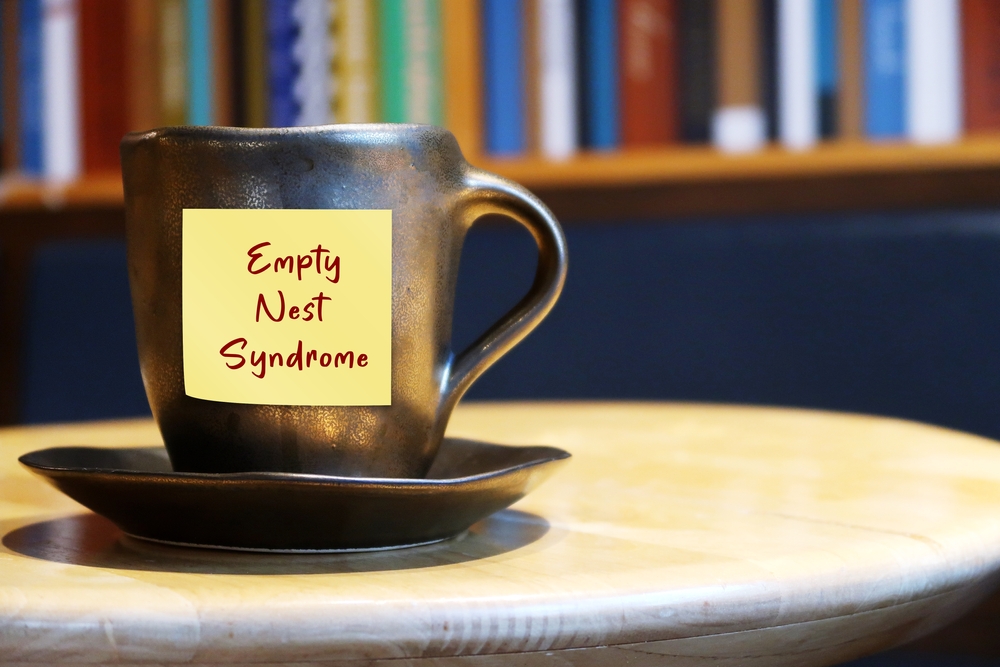
"Empty nest syndrome refers to the grief that many parents feel when their children move out of home. This condition is typically more common in women, who are more likely to have had the role of primary care provider. Unlike the grief experienced when (for example) a loved one dies, the grief of empty nest syndrome often goes unrecognized, because an adult child moving out of home is seen as a normal, healthy event."
"It's common for parents to find letting go to be a painful experience - even though they encourage their children to be independent. Parents might find it difficult to suddenly have no children at home who need their care. They might miss being a part of their children's daily lives and their constant companionship. Parents with only one child or those who strongly identify with their role as a parent might have a particularly difficult time adjusting."
"Empty nest syndrome can afflict both parents, but mothers seem to be most susceptible. Many mothers may have dedicated 20 years or more of their lives to bringing up their children, and see motherhood as their primary role. This is true even for most working mothers. As hard as the change may be, having an empty nest can bring benefits to parents."
Empty nest syndrome is grief experienced by parents when children move out, commonly affecting women who were primary caregivers. The loss is often unrecognized because children leaving home is socially viewed as normal and healthy. Parents may feel sadness, loss of daily companionship, and difficulty adjusting to having no children to care for. Those with one child or parents who strongly identify with caregiving face greater risk. Mothers who devoted decades to childcare can be particularly susceptible. Despite emotional difficulty, empty nesting can reduce work–family conflict and create opportunities to reconnect with partners, improve marital quality, and rekindle personal interests.
Read at Alternative Medicine Magazine
Unable to calculate read time
Collection
[
|
...
]